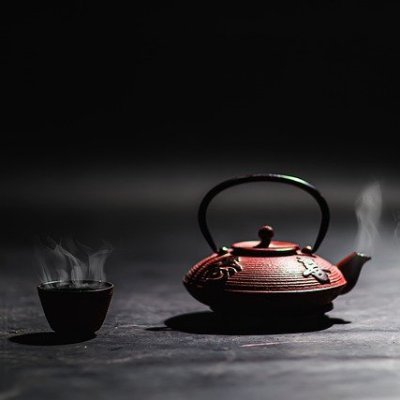Many guides to traditional brewing methods recommend a 5-10 second rinse of the tea leaves before beginning the brewing process, but we typically omit this step from our instructions. Though there are a few contexts in which it is acceptable, we do consider it optional for most teas, and downright wasteful for others. More importantly, many of the reasons commonly cited for this practice are purely mythical. Today, we’ll separate the truth from the myth to clarify when to rinse, and when not to.
- ‘Clean’ the Tea
Claims that tea must be rinsed to cleanse it of pesticides or other impurities is well-intentioned but typically false. Pesticides are generally water resistant or absorbed through the roots, since any water-soluble leaf coating would dissolve during rain or watering in the fields.
- Warm the Teaware
The most legitimate reason for rinsing the tea has very little to do with the tea at all. Using some hot water to briefly rinse the teaware will ensure it is free of any dust and will also help maintain the temperature of the brew during the process of steeping.

- ‘Wake Up’ the Tea
Many people rinse tightly rolled or compressed teas with very hot water to jump-start the expansion process and speed up the first infusion. This does work to open up the leaves somewhat, especially for pu-erh cakes that can be extremely dense.
- Removing Caffeine
Finally, many sources have claimed that caffeine can be ‘washed away’ in an initial rinse, but this has been proven false. Though caffeine does degrade exponentially (thus leaving much less caffeine in subsequent infusions) a short rinse at the beginning of a brewing session won’t remove the majority of the caffeine, as is often claimed.
The primary reason not to rinse is to avoid losing flavor in this step, especially in the case of lightly oxidized or chopped leaves. For any tea with a lot of exposed surface area, even a few seconds in the water can extract significant flavor. We definitely recommend skipping an initial rinse for any green, white, or chopped black tea. In fact, tightly compressed teas are the only styles we consider good candidates for rinsing.
